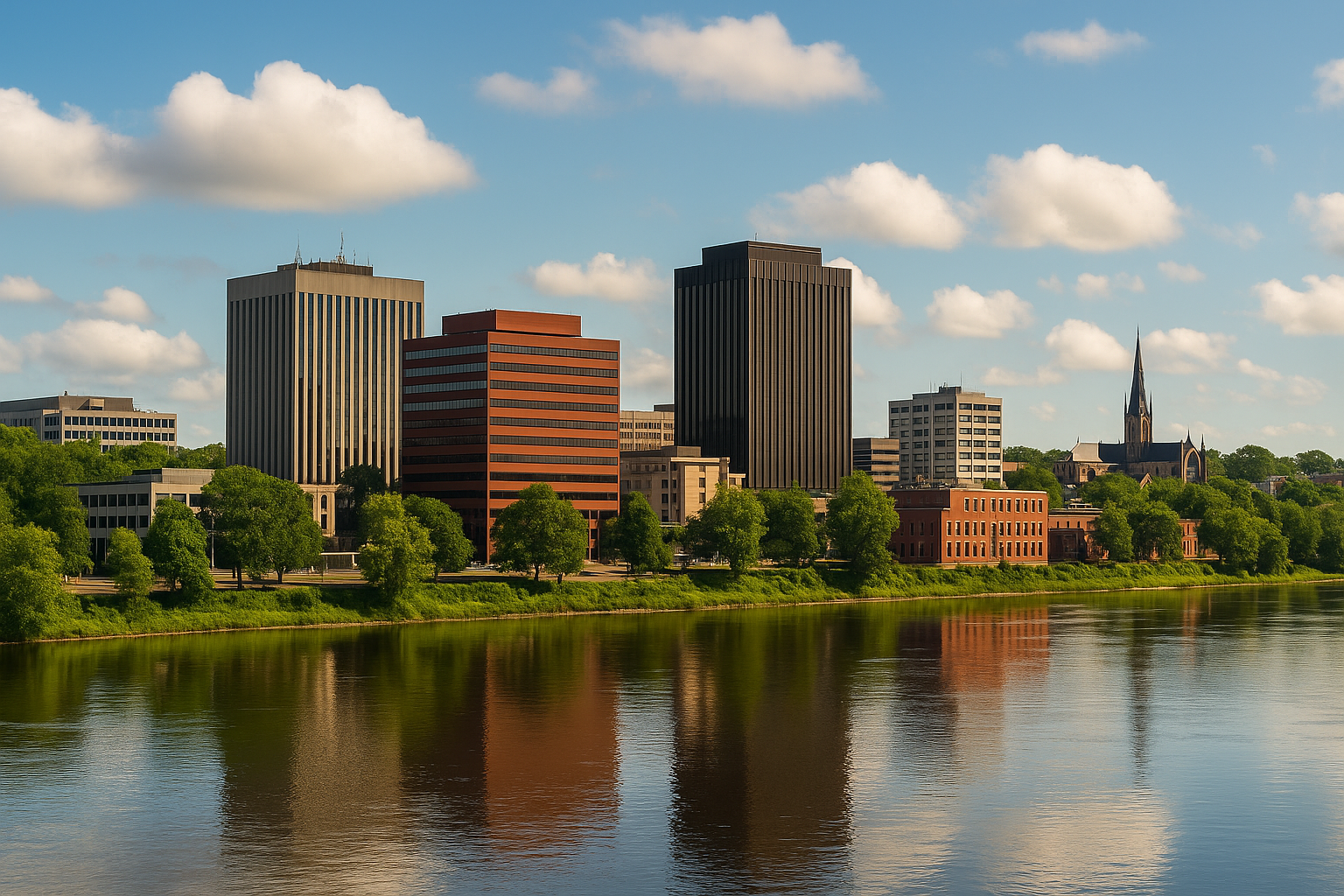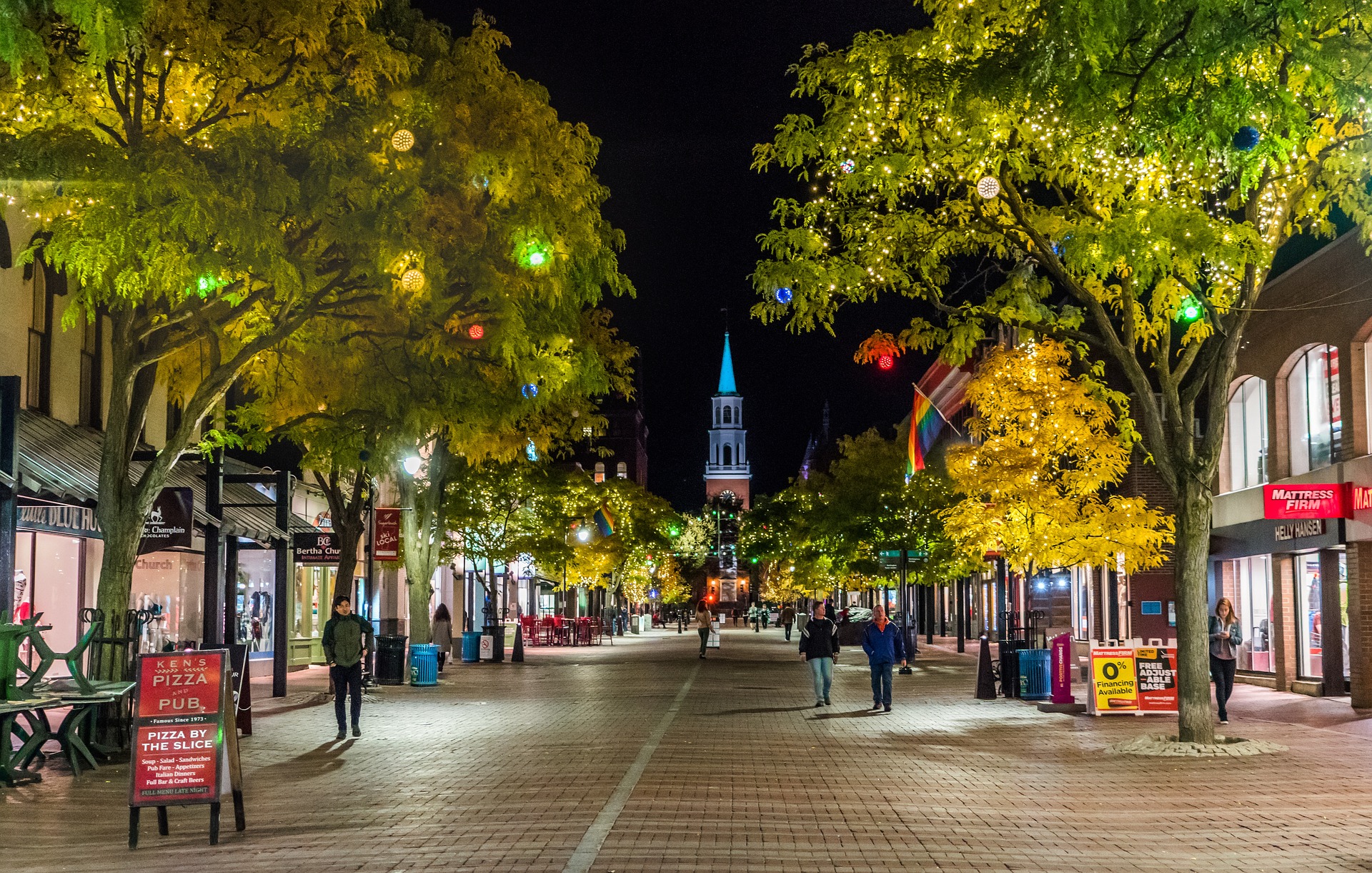Commercial real estate in New Brunswick is drawing attention—and for good reason. With lower entry costs, strong cap rates, and emerging development zones, this Atlantic province is becoming a hub for smart investors, entrepreneurs, and developers. Whether you’re a seasoned investor or just starting out, New Brunswick’s commercial market holds untapped potential worth exploring.
In this guide, we break down why this region is a hidden gem, how to approach investment opportunities, and what role a trusted Commercial Real Estate agent in New Brunswick can play in your journey.
Why New Brunswick?
New Brunswick offers a rare blend of affordability and opportunity. Unlike overheated markets in Toronto or Vancouver, the province’s commercial properties provide higher yields and fewer barriers to entry. Its strategic location—bordering Quebec, Nova Scotia, and the U.S.—makes it a key trade and logistics point in Atlantic Canada.
From industrial parks to revitalized downtown cores, cities like Moncton, Fredericton, and Saint John are seeing a rise in commercial activity.
Types of Commercial Real Estate You’ll Find
Investors and developers are tapping into various types of properties:
- Industrial Warehouses: Rising demand for logistics and distribution.
- Retail Plazas: Small and mid-sized tenants looking for suburban hubs.
- Office Space: Especially near government centers and tech corridors.
- Mixed-Use Developments: Blending retail, office, and residential spaces.
By working with a Commercial Real Estate agent in New Brunswick, you can identify which property types best align with your investment goals.
Top Cities for Investment
Moncton: Known as a transportation and business hub, Moncton offers thriving retail corridors, strong population growth, and a diverse economy.
Saint John: With Canada’s third-largest port, Saint John is perfect for industrial and logistics investments.
Fredericton: Home to government offices and a growing tech scene, this city has consistent demand for office and institutional spaces.
Each of these cities provides different advantages—and a local agent can help you navigate zoning, pricing, and leasing potential.
Market Trends in 2025
- Industrial Real Estate is outperforming other asset classes due to e-commerce demand.
- Retail Spaces are shifting toward mixed-use or experiential models.
- Remote Work is reshaping office demand—creating opportunity in coworking and flexible leases.
- Sustainability is becoming a priority for tenants and investors alike.
Staying ahead of these trends gives you an edge—and a local expert can help interpret how they apply in New Brunswick.
Also read: Exploring Commercial Real Estate in New Brunswick: Your Guide to Growth & Opportunity
Role of a Commercial Real Estate Agent in New Brunswick
Having the right agent isn’t just helpful—it’s essential. A Commercial Real Estate agent in New Brunswick brings:
- Insider knowledge of market performance
- Access to off-market listings
- Expertise in negotiation and due diligence
- Guidance through zoning and permits
- Network connections for legal, financing, and inspection
The right professional can help you avoid costly mistakes and make well-informed decisions.
Government Incentives & Programs
New Brunswick offers support for commercial buyers, such as:
- Property tax rebates
- Downtown revitalization grants
- Regional development fund access
- Fast-track permitting for industrial and commercial builds
These incentives vary by municipality and project type. An experienced agent can help you apply and qualify.
Common Challenges to Navigate
Every market has its obstacles. In New Brunswick, keep in mind:
- Slower appreciation compared to larger markets
- Regional variations in tenant demand
- Long-term lease commitments
- Climate-related property maintenance needs
Proper research and partnering with a knowledgeable commercial real estate agent help reduce these risks.
Final Thoughts
Commercial real estate in New Brunswick offers exciting, scalable, and sustainable opportunities. From bustling port cities to government-focused urban centers, this province is on the cusp of a real estate evolution. Whether you’re an investor seeking better returns or a business owner looking to expand, consider New Brunswick as your next move.
And remember: A qualified Commercial Real Estate agent in New Brunswick can turn possibilities into results.
FAQs: Commercial Real Estate in New Brunswick
- Is New Brunswick a good place to invest in commercial real estate?
Yes, New Brunswick is appealing for investors due to its affordability, improving infrastructure, and growing demand for retail and industrial properties. The province’s smaller markets allow for strong cap rates and lower acquisition costs compared to larger provinces, making it a smart choice for long-term investment. - What types of commercial properties are in demand in New Brunswick?
Industrial and mixed-use developments are highly sought after, particularly in Moncton and Saint John. Retail plazas, medical offices, and flexible office spaces are also gaining traction due to population growth, changing work patterns, and evolving tenant preferences. - How does the commercial real estate market in New Brunswick compare to larger provinces?
While it may not offer the rapid appreciation of Toronto or Vancouver, New Brunswick’s market is more stable and less saturated. Investors enjoy higher rental yields, affordable property taxes, and less speculative volatility—ideal for long-term, income-focused strategies. - Are there any government incentives for commercial property investors in New Brunswick?
Yes, various municipal and provincial programs exist to support commercial development. These include tax breaks, renovation grants, and development zone incentives. Local commercial real estate agents are typically familiar with these opportunities and can help you navigate the application process.
5. Why should I hire a commercial real estate agent in New Brunswick?
A local expert provides essential guidance on pricing, zoning, tenant demand, and legal compliance. Their market insight, negotiation skills, and network can save you time, money, and stress. Whether you’re buying or leasing, an experienced agent ensures your investment aligns with your goals.

